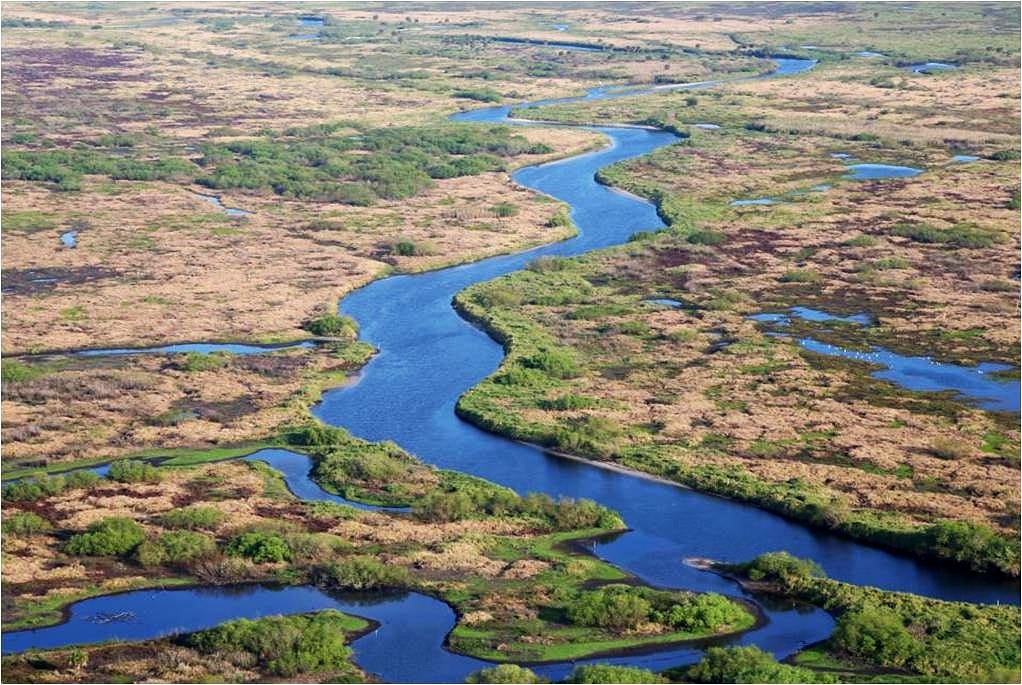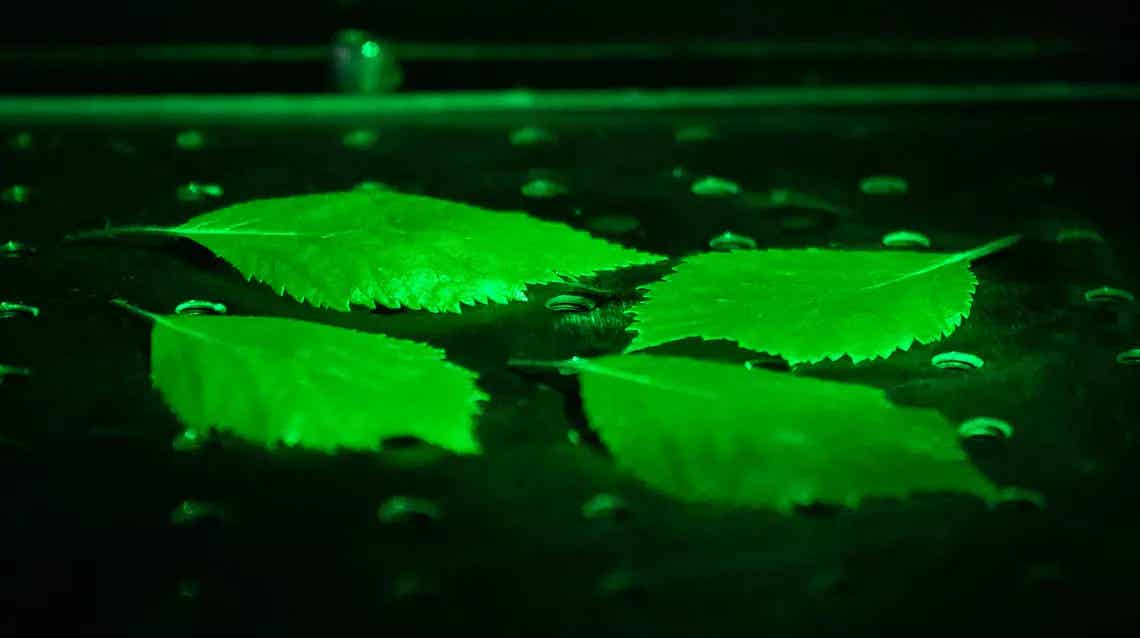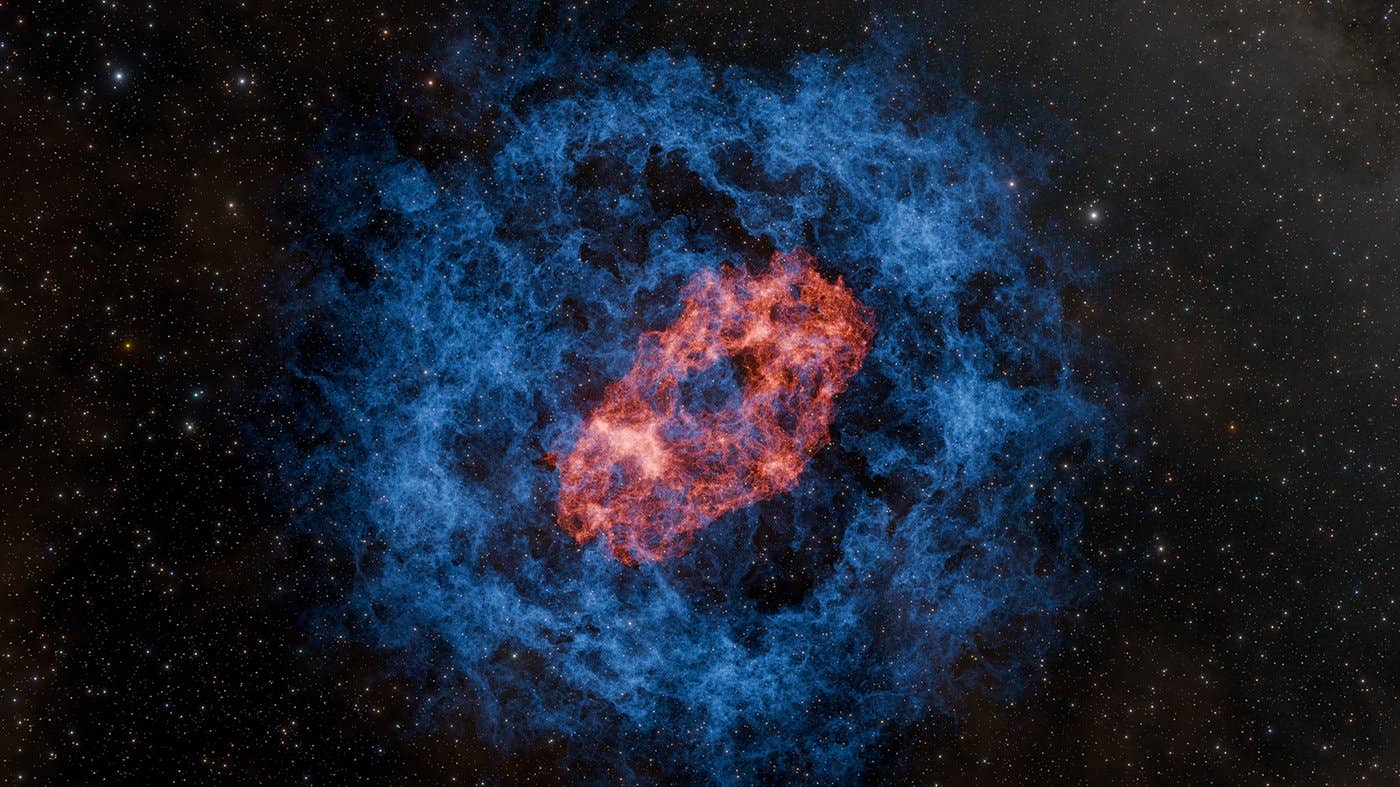Fresh Water Existed on Earth 500 Million Years Earlier Than Previously Thought
Findings suggest that fresh water was present on Earth just a few hundred million years after the planet’s formation.

In a groundbreaking study, researchers have uncovered evidence that fresh water appeared on Earth around four billion years ago, pushing the timeline back by 500 million years from previous estimates. This discovery is significant because fresh water is essential for life.
Dr. Hamed Gamaleldien, the lead author and Adjunct Research Fellow at Curtin University's School of Earth and Planetary Sciences, and an Assistant Professor at Khalifa University in the UAE, explained the findings. His team analyzed ancient crystals from the Jack Hills in Western Australia. These crystals suggest that fresh water was present on Earth just a few hundred million years after the planet's formation.
“We were able to date the origins of the hydrological cycle, which is the continuous process through which water moves around Earth and is crucial for sustaining ecosystems and supporting life on our planet,” said Dr. Gamaleldien.
The team’s method involved studying tiny crystals of the mineral zircon. By examining the age and oxygen isotopes within these crystals, they identified unusually light isotopic signatures dating back four billion years.
“Such light oxygen isotopes are typically the result of hot, fresh water altering rocks several kilometers below Earth’s surface,” Dr. Gamaleldien noted. This challenges the previous theory that Earth was entirely covered by oceans four billion years ago, suggesting instead that there were significant amounts of fresh water deep within the planet.
Co-author Dr. Hugo Olierook from Curtin University emphasized the importance of this discovery for understanding the early history of Earth and the emergence of life. “This discovery not only sheds light on Earth’s early history but also suggests landmasses and fresh water set the stage for life to flourish within a relatively short time frame - less than 600 million years after the planet formed,” he said.
Related Stories
The research has broad implications for our understanding of how Earth formed and evolved, particularly regarding the early conditions that made life possible. Dr. Olierook highlighted that the presence of fresh water and landmasses could have created the right conditions for life to develop much sooner than previously thought.
The research team, part of the Earth Dynamics Research Group and the Timescales of Mineral Systems Group at Curtin’s School of Earth and Planetary Sciences, utilized advanced equipment to conduct their study.
They used the CAMECA 1300HR3 instrument in the John de Laeter Centre’s Large Geometry Ion Microprobe (LGIM) facility. This facility, supported by funding from AuScope, the Geological Survey of Western Australia, and Curtin University, provided the precise tools needed to analyze the ancient zircon crystals.
Dr. Gamaleldien’s research pushes the boundaries of our understanding of Earth’s early history and the conditions that led to the emergence of life. The Jack Hills, where the zircon crystals were found, are among the oldest known rock formations on Earth, offering a unique window into the planet’s distant past.
By pushing back the timeline for the presence of fresh water, this study suggests that Earth’s early environment was more complex than previously believed. The discovery of fresh water deep within the planet challenges the notion of a completely ocean-covered Earth and opens new avenues for exploring how life began.
The findings are not only a leap forward in geological science but also inspire further research into the origins of life on Earth. As Dr. Olierook noted, understanding when and how fresh water appeared on Earth is crucial for unraveling the mysteries of our planet’s early history and the development of life.
This study provides a crucial piece of the puzzle, offering new insights into the conditions that allowed life to take root and thrive on our planet.
For more green news stories check out our Green Impact section at The Brighter Side of News.
Note: Materials provided above by The Brighter Side of News. Content may be edited for style and length.
Like these kind of feel good stories? Get the Brighter Side of News' newsletter.



